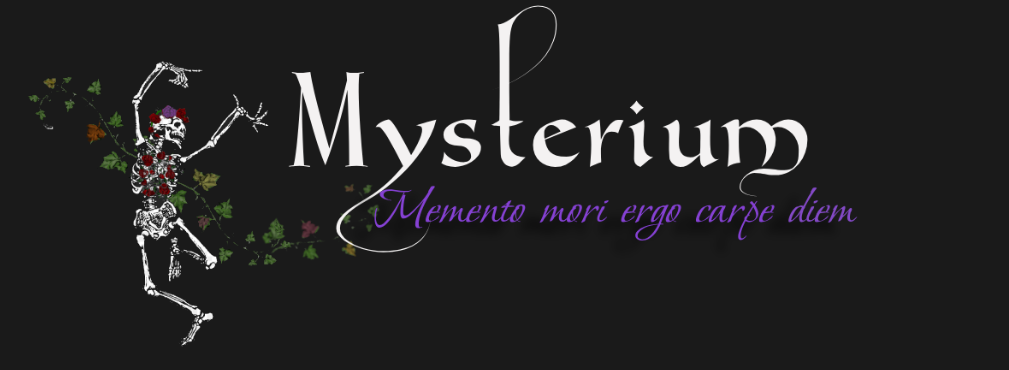
Dale McGowan writes for OnlySky, the new secular/Humanist multimedia platform, on the vexing question of “what is it like to die?”:
There are ways to diminish the fear of death and dying. Epicurus may have been the first to formally note that our existence is bounded by symmetrical eternities. We fear the eternity of nonexistence after death without realizing that we’ve already “experienced” nonexistence: the eternity before conception. Will you be scared a hundred years after your death? No. Not even two minutes after. Just as before your conception, there will be no “you” to be frightened. No difference.
Epicurus has now had 2,292 years to test his hypotheses. (No word yet on how it’s going, which tends to support his point.)
It may be possible in a situation like this to not think of Dylan Thomas, raging against the dying of the light, but I can’t help myself. I’d known the last two lines of that poem, the famous lines, for years (“Do not go gentle into that good night / Rage, rage against the dying of the light”) before I learned the rest of it. Those two lines went through my head, usually as a little internal chuckle, every time the lights went down in a theater or a thunderstorm shut the power off. I was about 16 when I finally saw the whole thing and realized it was about dying—and that it was addressed to, though never shown to, his dying father:
Do not go gentle into that good night
Old age should burn and rave at close of day
Rage, rage against the dying of the light.
Though wise men at their end know dark is right
Because their words had forked no lightning they
Do not go gentle into that good night.
